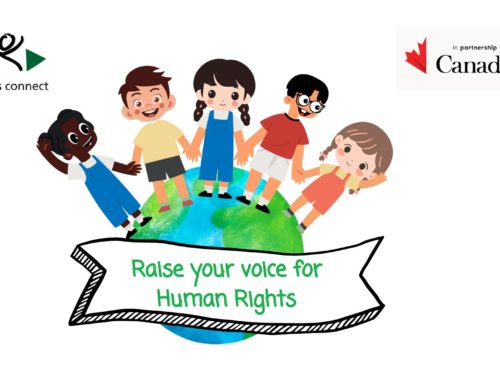TB-Net and the International Service for Human Rights (ISHR) made a submission for the 34th Annual Meeting of Chairpersons of Human Rights Treaty Bodies, taking place from 30th May until 3rd June 2022 in New York.
Read it here and find below the key points that the civil society wishes to raise on this occasion :
- We acknowledge the publication by the Office of the UN High Commissioner for Human Rights (OHCHR) of different reports on the key areas of the work of the UN Treaty Bodies (UNTBs) in advance of the Meeting and the invitation of civil society representatives to a private consultation meeting with the Chairs.
- The importance of the UN Treaty Body system and its strengthening process: While welcoming some progress in the discussions, we believe that certain elements are in need of further consideration by the Chairs of the Treaty Bodies for the strengthening of the UNTBs system, including those highlighted in our previous submissions.
- Fixed calendar of reviews: We welcome the emerging consensus to create a fixed calendar of reviews, based on an 8-year review cycle, as recommended by TB-Net, the ISHR and other civil society representatives. We believe that it is key to ensure predictability and a solid and prepared engagement of all relevant stakeholders, including civil society organisations. We call on all UNTBs to implement a fixed and coordinated calendar for reviews from next year, and therefore encourage the OHCHR to prepare a costing and the Fifth Committee to provide adequate funding for its implementation.
- Implementation of the Focused reviews and the Follow-up procedure: We welcome the growing debate on a mid-cycle phase in the review cycle of State Parties as an important step to ensure a robust review process. Our proposed focused review (an 8-year review cycle initiated with a comprehensive review and 4 years later, a focused review to address key areas of concern or any pertinent urgent matter) is a very different and more comprehensive procedure than the current follow-up procedure. After considering the OHCHR Summary of trends emerging from informal conversations, we would like to understand and propose further debates on how the UNTBs understand the difference between the focused reviews and the follow-up reviews, as well as the UNTBs’ views on how to implement them. While welcoming the growing consensus around a reinforced follow-up in the short-term procedure by the different Treaty Bodies, we strongly encourage the implementation of “focused reviews” as proposed by civil society within a reasonable timeframe and with the adequate budgetary allocations. We would like to collaborate with the OHCHR in its costing exercise to ensure civil society participation in all the relevant discussions regarding the implementation of the focused reviews.
- Intersectionality and cross-referencing: We welcome the OHCHR Background Paper on coordination of thematic issues in the reporting procedure which provides concrete findings on the current level of cross-referencing among the UNTBs. Consistent usage of cross-referencing of the UNTBs recommendations should be encouraged for positive reinforcement and to put more pressure on States for important issues. We encourage the UNTBs to continue to integrate their distinct perspectives and expertise on situations that affect different groups of rights-holders in different ways, but to also urgently discuss the contradictory recommendations identified by OHCHR, as diverging positions undermine the credibility of the whole system.
In addition, TB-Net is also co-sponsoring a side-event “Implementing the Treaty Body Review 2020: where do we stand?” with the Geneva Human Rights Platform, the OHCHR, the Commonwealth Secretariat and the Permanent Mission of Switzerland to the UN in New York. It represents an opportunity for all stakeholders to take stock of the decisions taken by treaty bodies, OHCHR and member states, following the recommendations contained in the Report of the co-facilitators on the state of the UN human rights treaty body system.
The panel and open debate will discuss the implementation status of these decisions and recommendations, unpacking their significance for strengthening the TB system. By applying a multi-stakeholder perspective, this event will assess core topics currently under review, including the development of a predictable schedule of reviews, aligned working methods and digitalization.










Leave A Comment